A number of meme’s were produced from the recent Te Matatini Kapa Haka causing offence to the individuals whose images were manipulated.
Recently, an incident occurred where memes featuring manipulated images from Te Matatini Kapa Haka performances were circulated online, causing distress to the individuals depicted.
The situation began when an American social media platform known for user-generated memes distributed these altered images. The matter gained increased visibility when a New Zealand radio station shared these memes on their website. This decision lacked cultural sensitivity and proper consideration.
While Māori media outlets traditionally cover stories overlooked by mainstream media, their coverage of this incident inadvertently amplified the spread of these offensive images. This highlights a common challenge in digital media: attempts to address harmful content can sometimes increase its visibility.
The legal landscape surrounding this issue is complex. While the original images were captured at a public event that was broadcast on television and streamed online, the question of ethical use remains distinct from legal permissibility. Te Matatini’s copyright company has filed a complaint with the New Zealand Broadcasting Authority regarding the radio station’s sharing of these images. However, the case presents interesting challenges given that the original website hosted these memes with clear legal disclaimers and copyright notices, while the modified images themselves carried no such protections.
The technical reality of identifying the original creators of these memes poses significant challenges, and it seems unlikely that resources will be allocated for a comprehensive investigation. However, tracing the initial distribution path might have been a valuable avenue for investigation by media outlets.
In today’s digital age, the ubiquity of internet-connected devices means that public performances and events are easily captured and shared. This extends beyond public spaces and can affect private moments as well. While this is a reality of modern life, it doesn’t diminish the importance of cultural respect and sensitivity.
For groups and individuals participating in public cultural events, there needs to be a balance between maintaining traditional practices and understanding the modern digital landscape. However, this shouldn’t mean accepting disrespectful treatment of cultural expressions.
Recommended Strategies for Future Response:
- Instead of simply boycotting websites or creating petitions, a more comprehensive approach might include:
- Developing clear guidelines for media organizations about respectful coverage of cultural events
- Creating educational resources about the cultural significance of kapa haka and why its respectful representation matters
- Engaging with media platforms to establish protocols for handling culturally sensitive content
- Building positive online presence to showcase authentic cultural expressions and counter misrepresentation
- Fostering dialogue between cultural organizations and digital platforms about responsible content sharing
- This approach acknowledges both the realities of the digital age and the importance of protecting cultural integrity, while working toward constructive solutions rather than purely reactive measures.

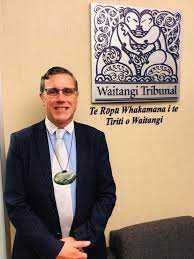
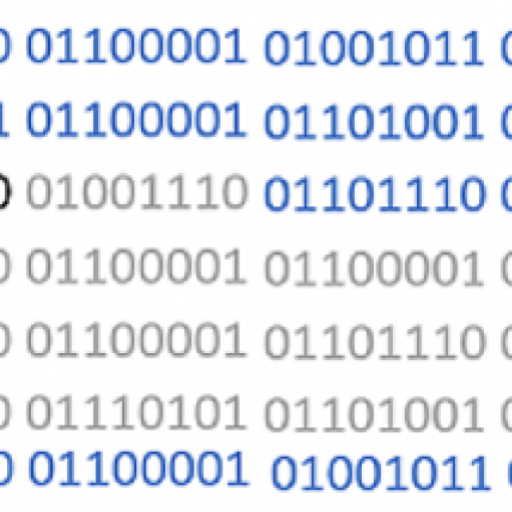
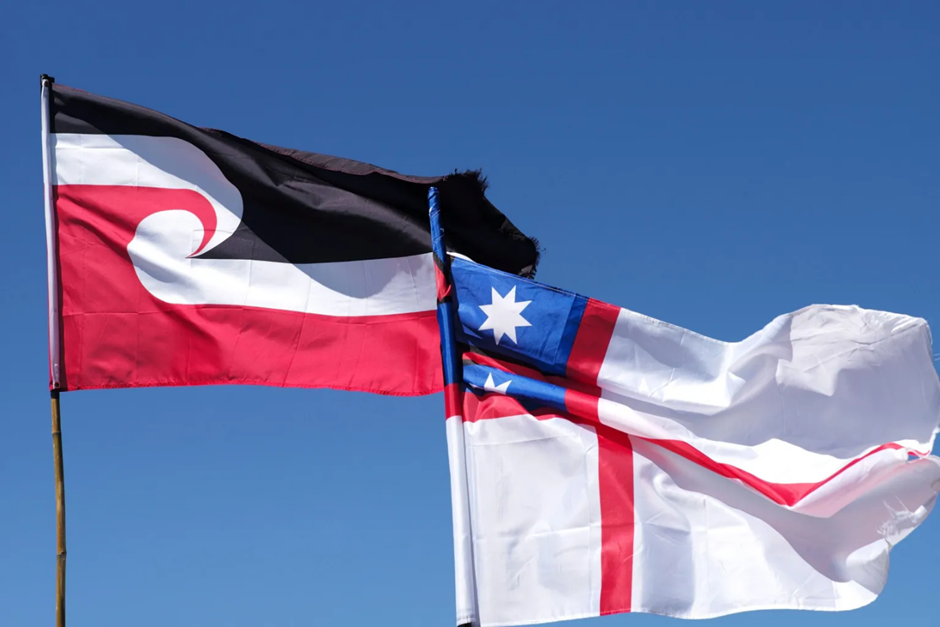

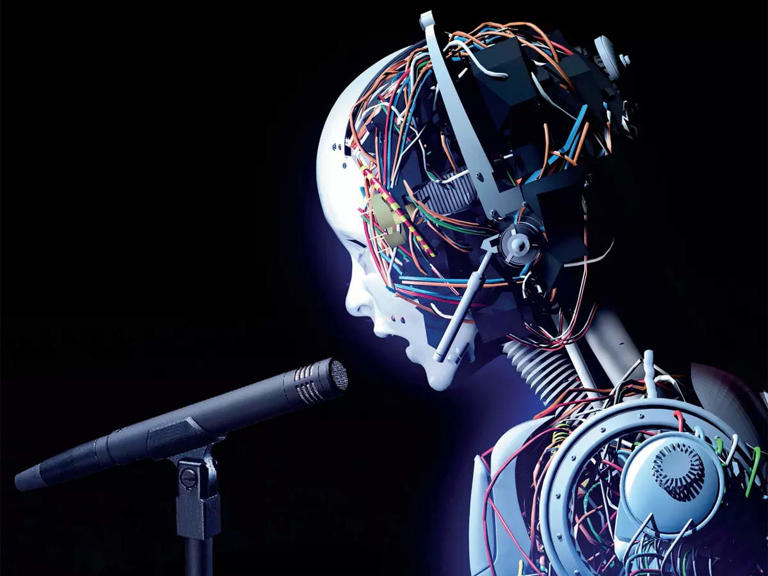
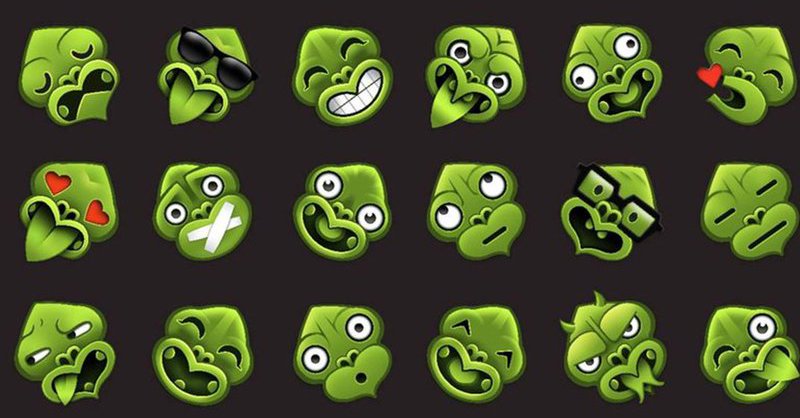
Leave a Reply
You must be logged in to post a comment.